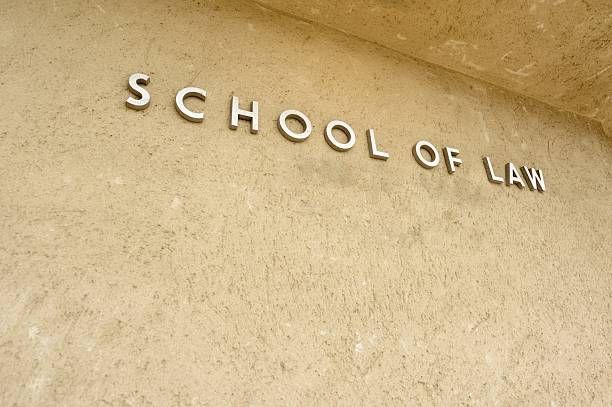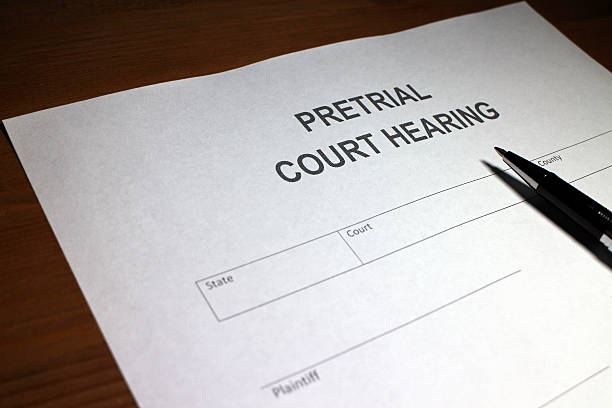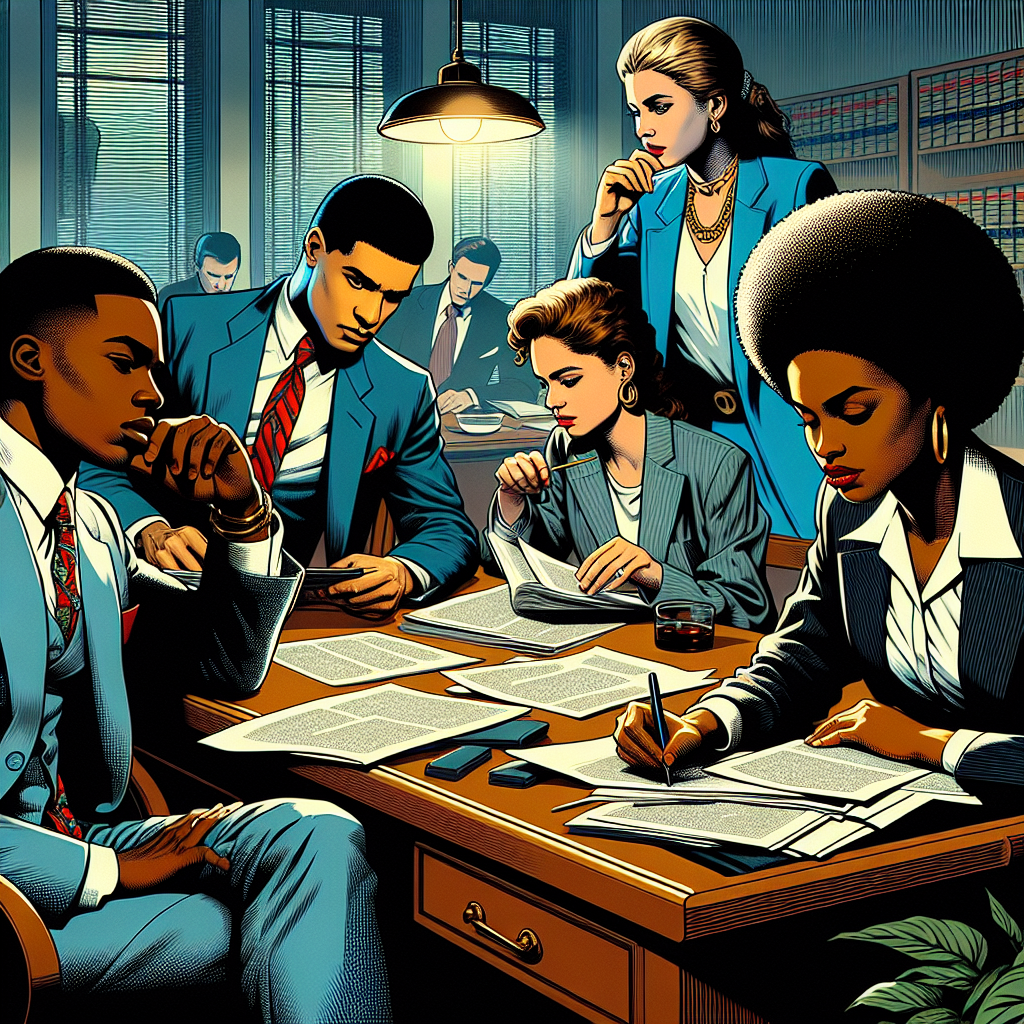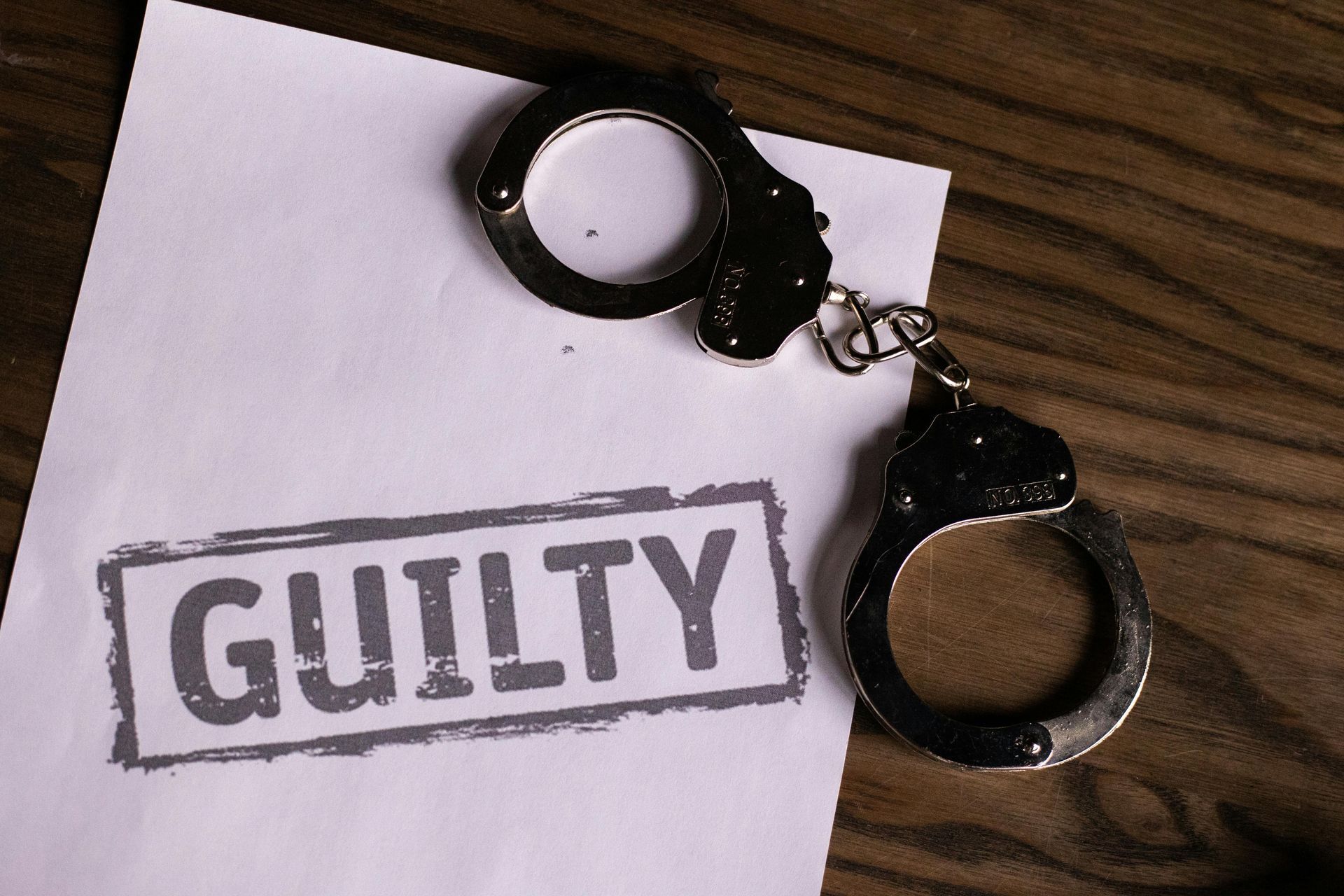Law School Trends in 2025 to Watch
Start Your Journey to Law School

Legal News-Thinking of applying to law school in 2025? Take advantage of these exciting changes to showcase your unique potential. Whether you're curating your application or perfecting your personal statement, the most important step is to get started. Your legal career begins now.
The legal profession stands at the precipice of significant change, and 2025 is shaping up to be a monumental year for aspiring lawyers and law schools alike. Barriers to entry that have long defined the admissions process are starting to erode, making legal education more accessible and inclusive. For law students, aspiring lawyers, and legal professionals, these changes signal a shift that may redefine who joins the profession and how.
This article will explore key trends impacting law school admissions, focusing on policy changes like the optional standardized test scores, adjustments to the LSAT, and the broader push toward inclusivity within legal education.
A New Era: Standardized Test Scores Become Optional
For decades, law school admissions hinged on one number—the LSAT score. Test prep courses, countless practice exams, and grueling test days have symbolized the gatekeeping nature of this process. Thankfully, this is changing.
Moving into 2025, a growing number of law schools are allowing applicants to apply without submitting standardized test scores. This shift, driven by years of debate and research, seeks to dismantle the idea that one test score can define a student’s potential or capability.
Why Are Schools Moving Away from Test-Score Dependency?
- Equity Concerns: Standardized testing often favors those who can afford expensive prep courses, leaving disadvantaged students at a systemic disadvantage.
- Holistic Admissions: Schools now emphasize a more well-rounded view of applicants, considering their life experiences, personal statements, and recommendations instead of relying solely on a test score.
- Diversifying the Talent Pipeline: By removing the test-score requirement, schools aim to attract a more diverse pool of students—racially, socioeconomically, and in terms of career background.
What Does This Mean for Aspiring Law Students?
This change frees many prospective students from the stress and financial strain of standardized tests. It also allows applicants to showcase their potential through a broader array of accomplishments, making law school admissions less daunting and more inclusive.
Pro tip for students applying without test scores in 2025? Focus on crafting a compelling personal statement that highlights unique experiences and shows your readiness for law school.
The End of "Logic Games" on the LSAT
Gone are the days of trying to decode who sits next to whom at a hypothetical dinner party or which event needs to happen before another. Starting in 2025, the LSAT will no longer include its infamous "logic games" section—a move that has sparked mixed reactions across the legal and educational communities.
This change aligns with efforts to make the LSAT a fairer assessment. The reasoning? Critics argued that logic games tested skills more relevant to elite puzzle solving than actual legal practice.
Why Were Logic Games Removed?
This decision stems from a 2019 settlement between the Law School Admission Council (LSAC) and two visually impaired plaintiffs who argued the section posed accessibility challenges. LSAC committed to redesigning the LSAT to ensure fairness for all test-takers. While test-takers may no longer face the pressure of cracking abstract puzzles, the LSAT redesign will focus more on reading comprehension and analytical reasoning—skills necessary for future lawyers.
The Upside of Losing the Games
- Inclusive Testing: Removing logic games levels the playing field for students with different learning preferences and abilities.
- Skill-Alignment: The new LSAT places greater emphasis on skills that translate directly into law school success, such as critical analysis and argumentative thinking.
Aspiring lawyers can breathe a sigh of relief—this trend makes the LSAT slightly less intimidating. However, it underscores the importance of honing essential skills like reading complex material and structuring clear, well-reasoned arguments.

The Push for Inclusivity in Legal Education
Beyond removing traditional barriers like test scores and logic games, law schools are doubling down on fostering inclusion across all aspects of the legal education system. The legal profession has long struggled with representation, but 2025 could be a turning point.
Key Initiatives Driving Inclusivity
1. Targeted Recruitment Efforts
Law schools are proactively reaching out to underrepresented communities, including students from minority groups, first-generation applicants, and those from low-income families. Outreach programs and scholarships are bridging gaps and making legal education accessible to people who may have never considered it before.
2. Curriculum Evolution
Inclusivity goes beyond admissions. Law schools are reshaping curricula to include a broader range of perspectives, such as exploring social justice, equity-focused case studies, and unique legal challenges faced by marginalized groups.
3. Mentorship Programs
To support students from diverse backgrounds, many schools now offer mentorship pairings with practicing lawyers or law professors. These initiatives ensure students gain both academic and professional guidance as they transition into the challenging environment of law school.
Why Is This Important?
Promoting inclusivity in legal education is about more than just fairness—it’s about reshaping the future of law. A more diverse group of lawyers brings varied perspectives to the legal system, which can improve policymaking, litigation outcomes, and access to justice for all communities.
How These Trends Will Shape the Future of Law
These 2025 trends—optional test scores, revamped LSAT structures, and the push for a more inclusive legal education—send one clear message to aspiring lawyers everywhere: the legal profession is evolving to be more inclusive, equitable, and human-focused.
For legal professionals, this means preparing for a future where innovation and diversity will define the landscape. For law students, it means better support and a stronger chance to succeed without traditional barriers in the way.
The ultimate takeaway? The legal education system is adapting to ensure the next generation reflects the diversity, resilience, and ingenuity necessary to thrive in a rapidly changing world.



















